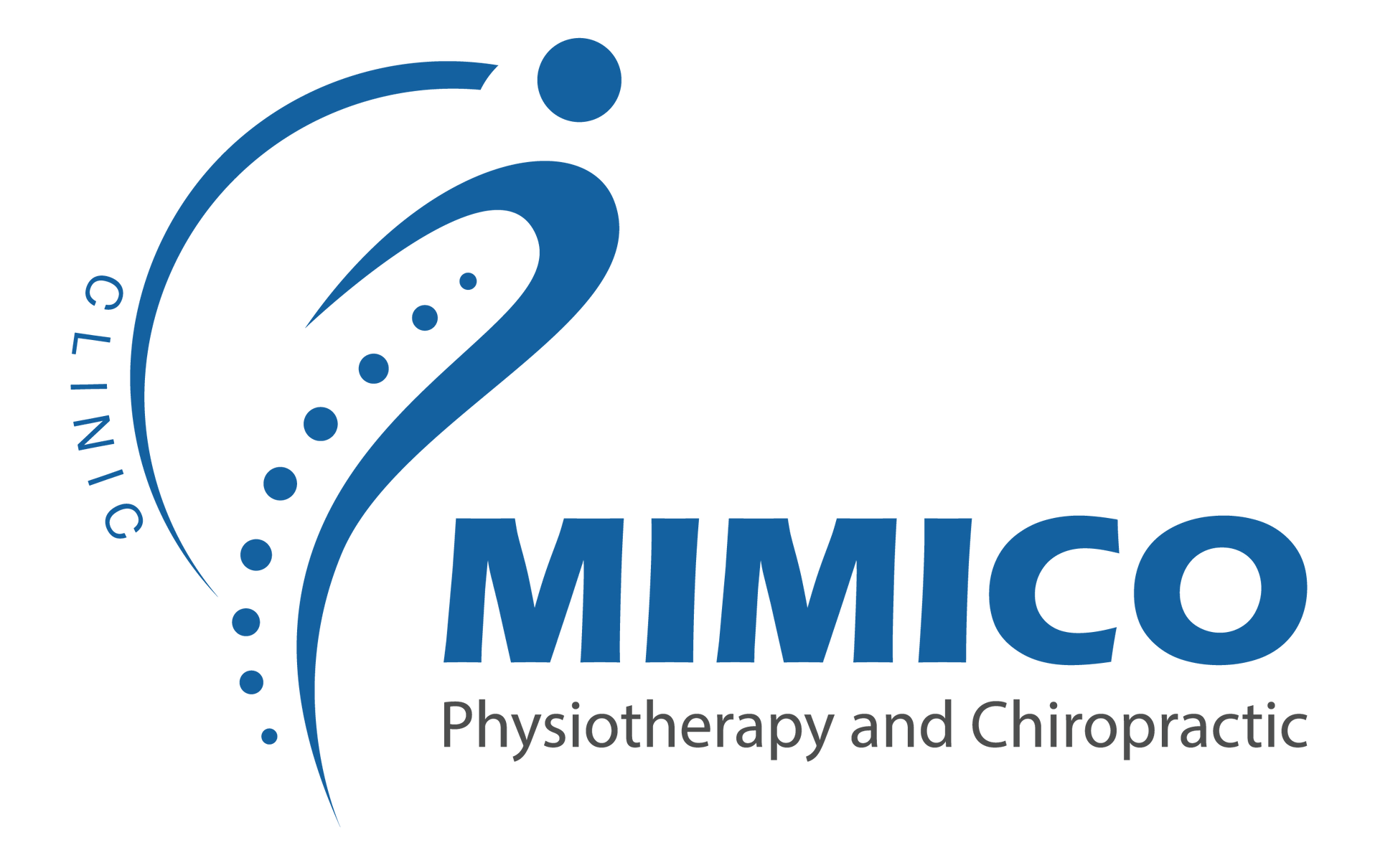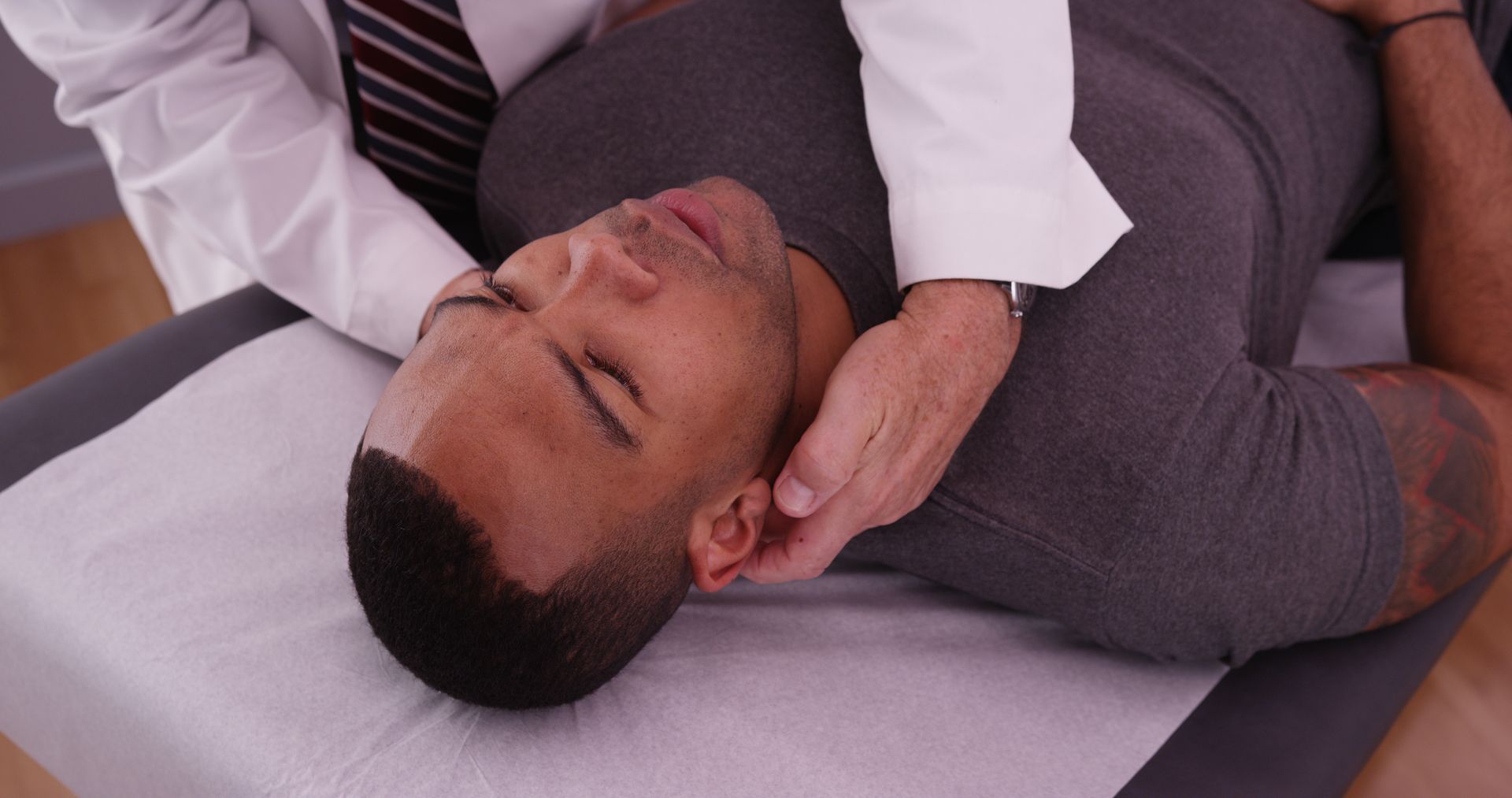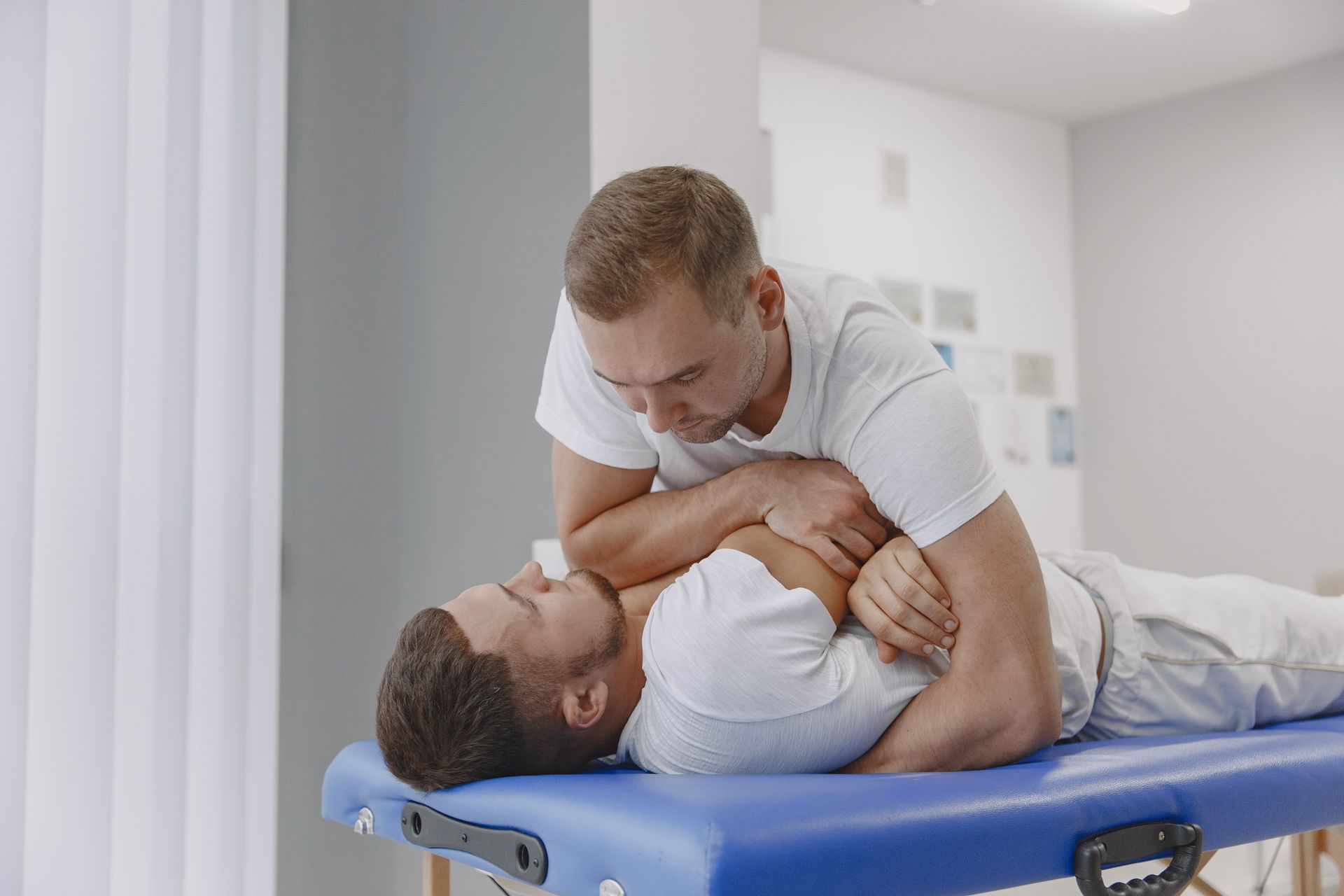Why Ignoring a Concussion is Dangerous
A concussion is defined as a traumatic brain injury caused when blunt force is applied to the head — such as a blow, jump or forceful jolt. It can also be caused when trauma to the body causes the head and brain to rapidly shift back and forth.
Rapid, sudden movement can change the shape of the brain’s tissue, often resulting in stretched or damaged brain cells and chemical and metabolic changes within the brain. When this occurs, the cells’ communicative and functional abilities become compromised. This can result in a patient experiencing a range of neurological symptoms.
While concussions are typically not life-threatening, they can result in both short and long-term damages if proper medical treatment is not sought out. In this article, we’ll highlight some common causes and symptoms of a concussion, as well as some short and long-term effects. We’ll then review how our specialized physiotherapy treatment can help treat the effects of a concussion and ensure a safe recovery.
Common Causes of a Concussion The most common causes of a concussion are usually due to:
- Falls
- Car, bicycle or motorcycle accidents
- Physical altercations
- Sports injuries
Short-Term Effects of a Concussion
After sustaining a traumatic injury to the head, it can be difficult to know which steps to take next. Given that they are an injury at the cellular level, concussions aren’t always obvious and can’t always be diagnosed with typical tools.
As such, it’s important to look for the following
signs of concussion
. Common tell-tale signs include:
- Headache
- Difficulty with balance, mobility or coordination
- Nausea
- Tinnitus (ear ringing)
- Vomiting
- Mental fogginess
- Sudden onset of emotion (eg. crying)
In the first four hours after experiencing a concussion, it’s recommended that you do your best to remain awake and monitor your symptoms in the case that more severe reactions arise. If repeated vomiting, loss of consciousness or worsening of symptoms occurs, it is strongly advised that emergency medical treatment be consulted right away.
In the days following a concussion, other common symptoms may include head and neck pain, irritability, increased anxiety, dizziness or trouble sleeping. Long-Term Effects of a Concussion
While most
post-concussion symptoms
resolve within an average of 7 to 10 days following an injury, an estimated 30% of patients experience lingering symptoms that simply don’t disappear after the recommended amounts of rest and recovery. This is also known as post-concussion syndrome.
While symptoms of post-concussion syndrome are not always specific, commonly reported symptoms include:
- Headache
- Dizziness
- Memory loss
- Sensitivity to light and noise
- Insomnia
- Psychological symptoms (such as depression, irritability and anxiety)
- Cognitive-related symptoms (such as difficulty with memory, concentration and focusing)
Patients who end up experiencing long-term effects from a concussion are more likely to have it affect their ability to deal with day-to-day responsibilities and their overall quality of life. The longer these symptoms persist, the more likely they are to cause emotional, psychological and mental impairments.
Furthermore, many patients who have experienced a concussion are likely to have another one (especially athletes). Consequently, they also become more susceptible to having another one and their chances of developing post-concussion syndrome after an injury increase.
How Physiotherapy Can Treat Post-Concussion Symptoms
If you’ve sustained a traumatic head injury or experienced multiple concussions and have developed long-term symptoms, you may be a great candidate for post-concussion therapy. At Mimico Physiotherapy, our physiotherapists are specially trained and experienced in vestibular and concussion treatments to work alongside you in your recovery.
Our specialists are able to treat symptoms such as debilitating dizziness, vertigo or balance issues that may be hindering your ability to enjoy everyday activities. When creating your treatment plan, they’ll work with you to manage any pain or residual symptoms by using a wide range of available therapies. They’ll also evaluate your condition and provide the best advice on how to help you recover successfully.
Contact Mimico Physiotherapy
If you’ve experienced a concussion and are looking for treatment under the guidance of a trusted physiotherapy team, Mimico Physiotherapy can help you get back on your feet and return to full health. To book an appointment or to learn more about our concussion treatment services, call us at 647-351-4000 or
fill out our contact form
.










